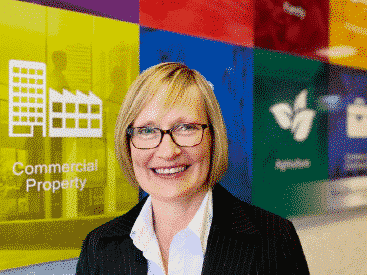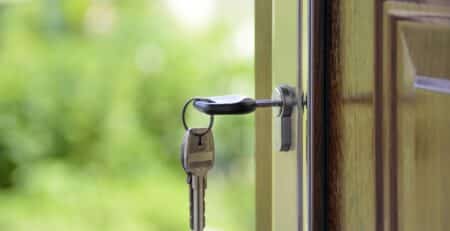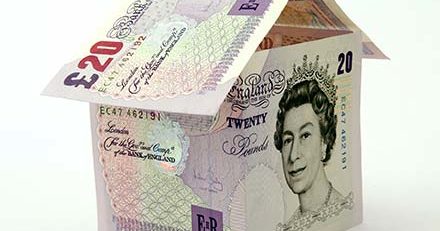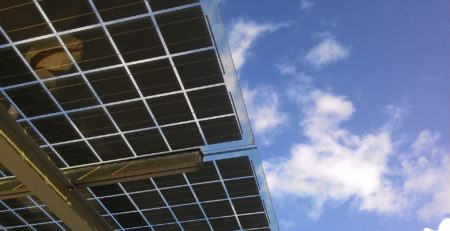Providing Reliable Solar Panel Advice
Solar panels will clearly become more popular in the future and will be part of a range of options open to householders to micro-generate electricity from renewable sources.
However, before committing, ensure that you have answers to the questions below to ensure that no complications arise at a later date.
Solicitors With Expert Solar Panel Knowledge
Over 10,000 properties in the UK now generate electricity through the use of Solar Panels on the roof of the property.
Solar Panels are seen as a cheap and environmentally friendly source of electricity and income, with payment being received from energy suppliers for unused electricity being sold to the National Grid.
The price of Solar Panels and the associated micro generation converters are getting lower all of the time.
As a result, installing these systems is becoming an increasingly attractive investment.
However, there are certain things that you need to consider before committing to installation, many of which are detailed below.
Questions To Ask About Solar Panels

- Is your property suitable – does it have a south or westerly-facing roof large enough to justify the expense of the installation? Are there any shadows caused by chimneys, etc? Will the panels interfere with later development plans for the property, such as loft conversions?
- Is the roof structurally safe enough to take the weight of the panels and do you have the space for the converter apparatus?
- What is the energy rating of your property? Most properties that have been sold in the last few years will have an energy performance certificate (EPC). Your EPC rating will determine the level of feed in tariff you will receive for unused electricity that is sold to the National Grid.
- What deal does your existing energy supplier offer in relation to FITs and will you need to make separate arrangements with other suppliers?
- Are there any planning permission issues? Are there any restrictions on your deeds regarding structural alterations or altering the outside appearance of your property?
- Will an upgrade of the electrical system at the property be needed?
- Does your building society consent to the structural alteration to the property? You will need to inform your lender even if you are paying cash for the panels. If you are not paying cash, but are entering into a lease agreement, it is essential that you contact your lender at an early stage for approval and also take legal advice on the terms of the draft lease. Not all agreements are acceptable to all lenders and you may be restricting your options regarding remortgaging or selling the property in the future.
- Make sure that you get the permission of your insurers to the alter the property.
- If your property is leasehold, you must obtain the permission of your landlord.
What Our Customers Say
Here’s a small sample of our many happy clients and what they have to say about working with us.
“The service we received from the team was outstanding. They went above and beyond for us which made our experience of buying our first home as stress free as possible. Would highly recommend.”
Meet Our Specialist Property Team
Contact Us To Discuss Solar Panels Today
If you have questions about Solar Panels and require further advice on how they can impact a property, get in touch with our specialist advisors today using the numbers provided here.
Our phone lines are open Monday to Friday: 9:00 am – 5:00 pm.
Contact us or today or visit a local branch
Hanley: 01782 956123
Newcastle: 01782 956123
Sandbach: 01270 449106
Leek: 01538 710247
Latest News
This is where you’ll find the most cutting edge Legal content on the web – the Tinsdills blog.
The Most Popular Questions For Solar Panels
Your solicitor will advise you after looking at the deeds.
It means that you will get the electricity generated by the panels free of charge, but wont receive any payment for the Feed In Tariff which is the excess electricity sold back to the grid.
Probably – if the panels are owned by the property then, subject to building regulations and – if applicable – planning permission being obtained, then most lenders will lend. If the panels are leased it’s a lot more complicated and the solicitor will need to ensure that the lease complies with the lenders requirements.













